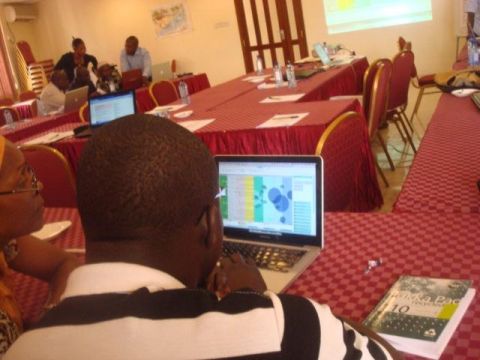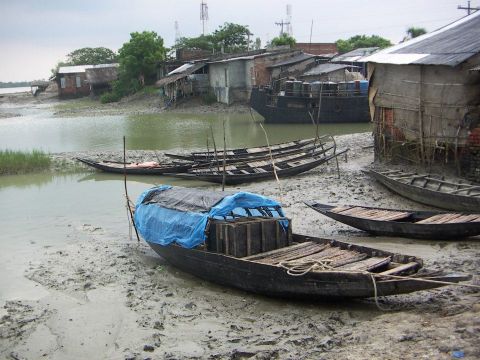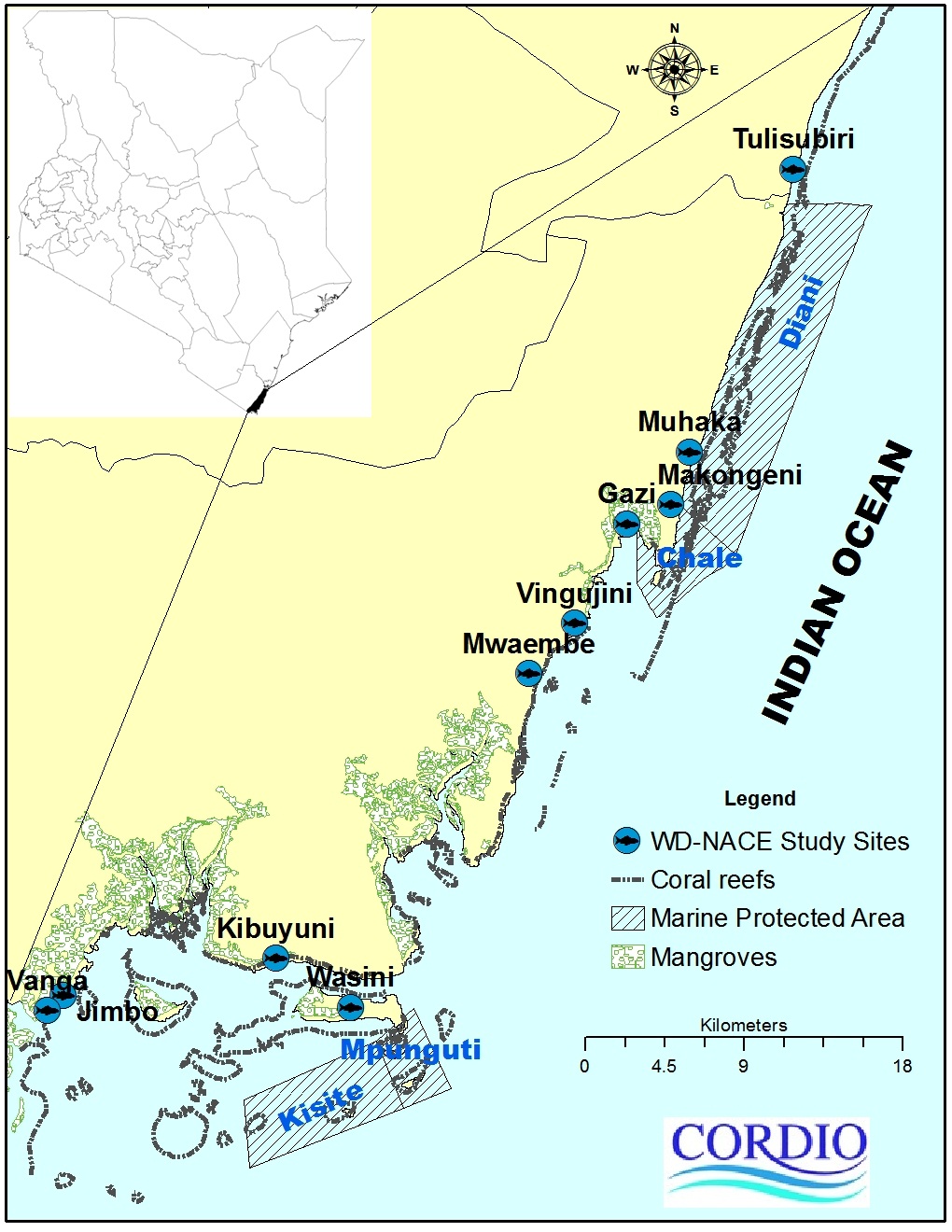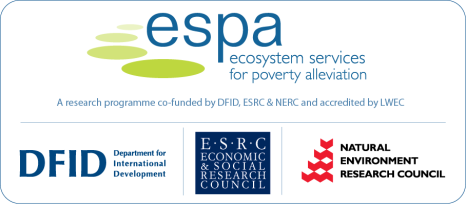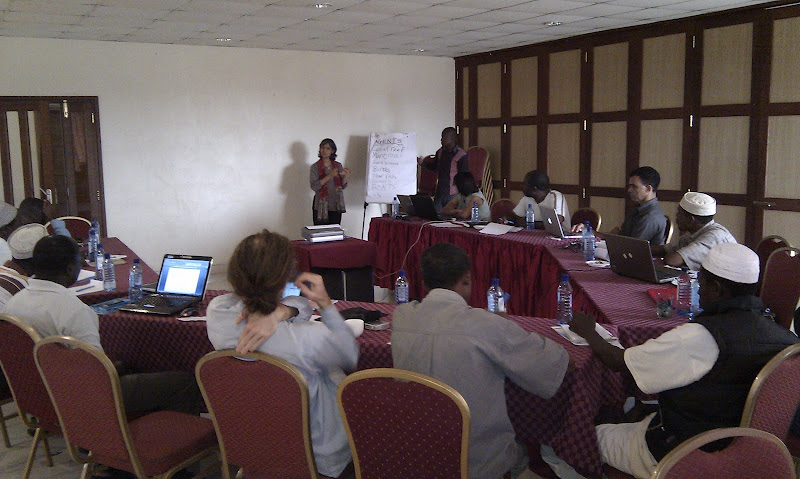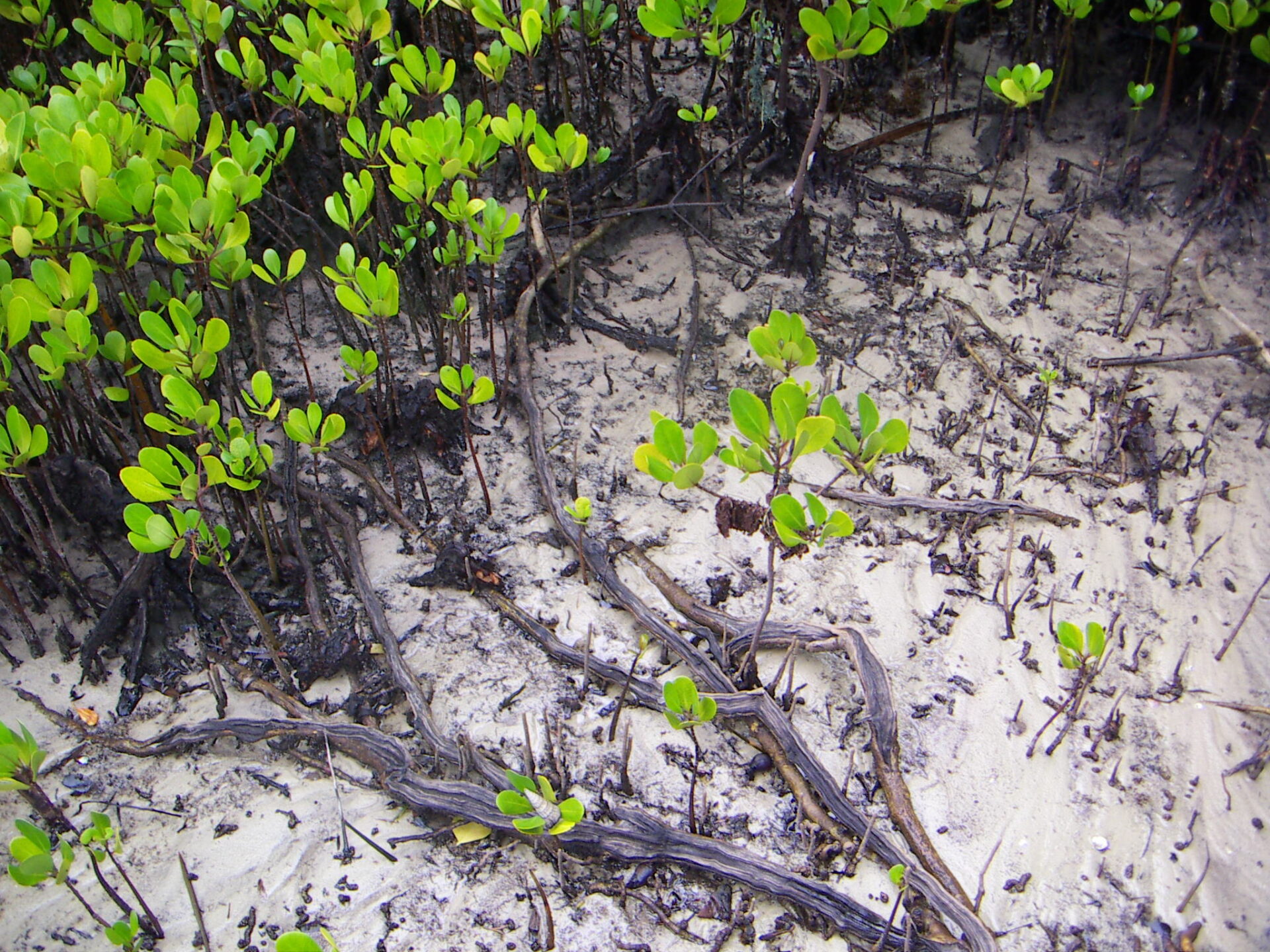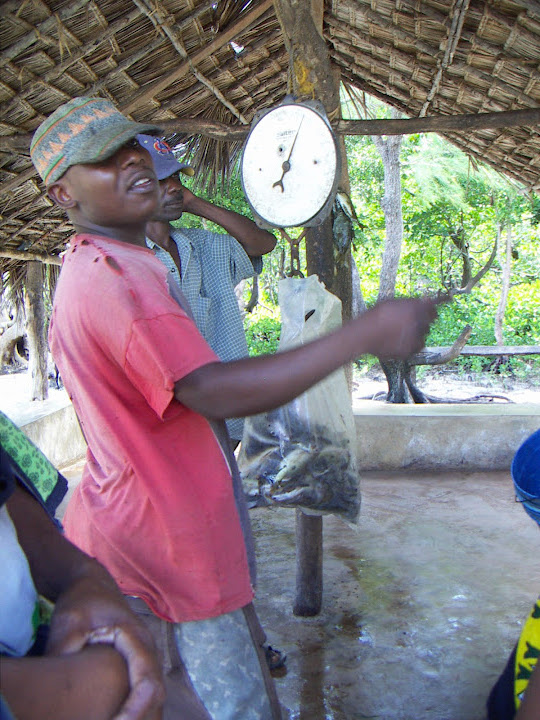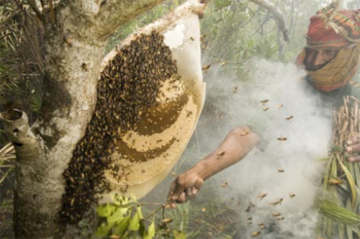CORDIO East Africa

Coastal Oceans Research and Development in the Indian Ocean (CORDIO) was initiated in 1999 as a response to the El-Niño related mass bleaching and mortality of corals in the Indian Ocean in 1998. It is a non-profit research organization, registered in Kenya, with a network of projects, collaborators and partners that extends across the Indian Ocean.
Focusing initially on Eastern Africa, Western Indian Ocean Islands and South Asia. Initially called ‘Coral Reef Degradation in the Indian Ocean’, due to the widespread impact of the mass mortality of corals, we changed our name in 2004-5 to reflect broader challenges and opportunities in the coastal marine systems of the region.
Currently our focus is in the Western Indian Ocean as our base is in Mombasa, Kenya, but at various times CORDIO has worked in the Eastern Indian Ocean/Andaman Sea (following the Indian Ocean tsunami in 2004), and we have maintained some projects activities with partners in the Red Sea and Gulf of Aden. From 1999 to 2015 CORDIO has supported and collaborated in projects in 20 countries in 5 sub-regions of the Indian Ocean:
- East Africa (Kenya, Tanzania, Mozambique, South Africa, Somalia)
- South Asia (India, Sri Lanka, Maldives)
- Andaman Sea (Thailand, Indonesia)
- Indian Ocean islands (Seychelles, Mauritius, Madagascar, Comoros, Reunion)
- Red Sea (Saudi Arabia, Egypt, Sudan, Eritrea, Djibouti)
CORDIO’s work is broadly split among natural systems and human systems, with interlinkages between these. For example, topics covered include:
- Coastal and ocean ecosystems – coral reef monitoring; reef resilience; corals; fish; spawning aggregations; coral bleaching; genetics & connectivity; regional coral bleaching alerts.
- Social and economic monitoring and research – socio-economic monitoring (SocMon WIO); resource dependence; migrant fishers; social resilience & adaptation; sustainable livelihoods.
- Integrating science into practice and policy – Marine Protected Areas; fisheries management & fisheries policy; training resources and manuals; impact-oriented meetings & studies;
- Educating and building capacity – graduate degrees, research support & courses; internships; management & policy capacity building; schools programmes; environmental education; teacher training; adult/participatory education; the public
- Networking and partnerships – Indian Ocean regions and partners; networks; International partners; national institutions; Memoranda of Understanding
- We report in publications, status reports and resources of multiple types
